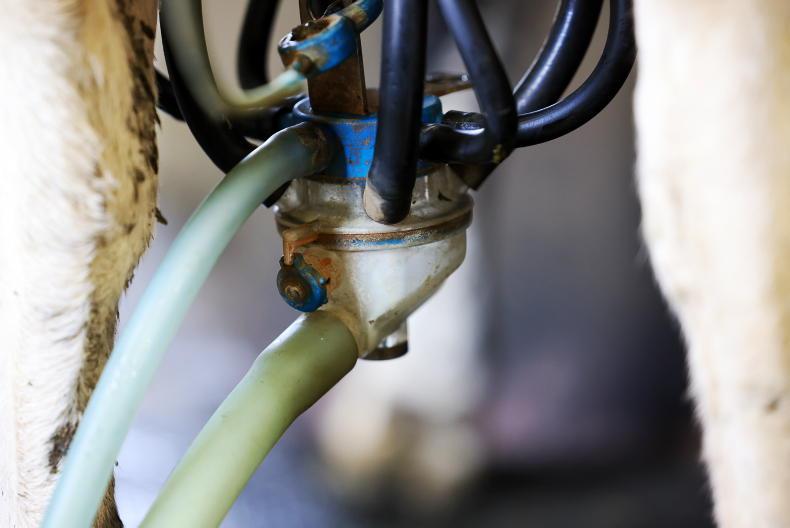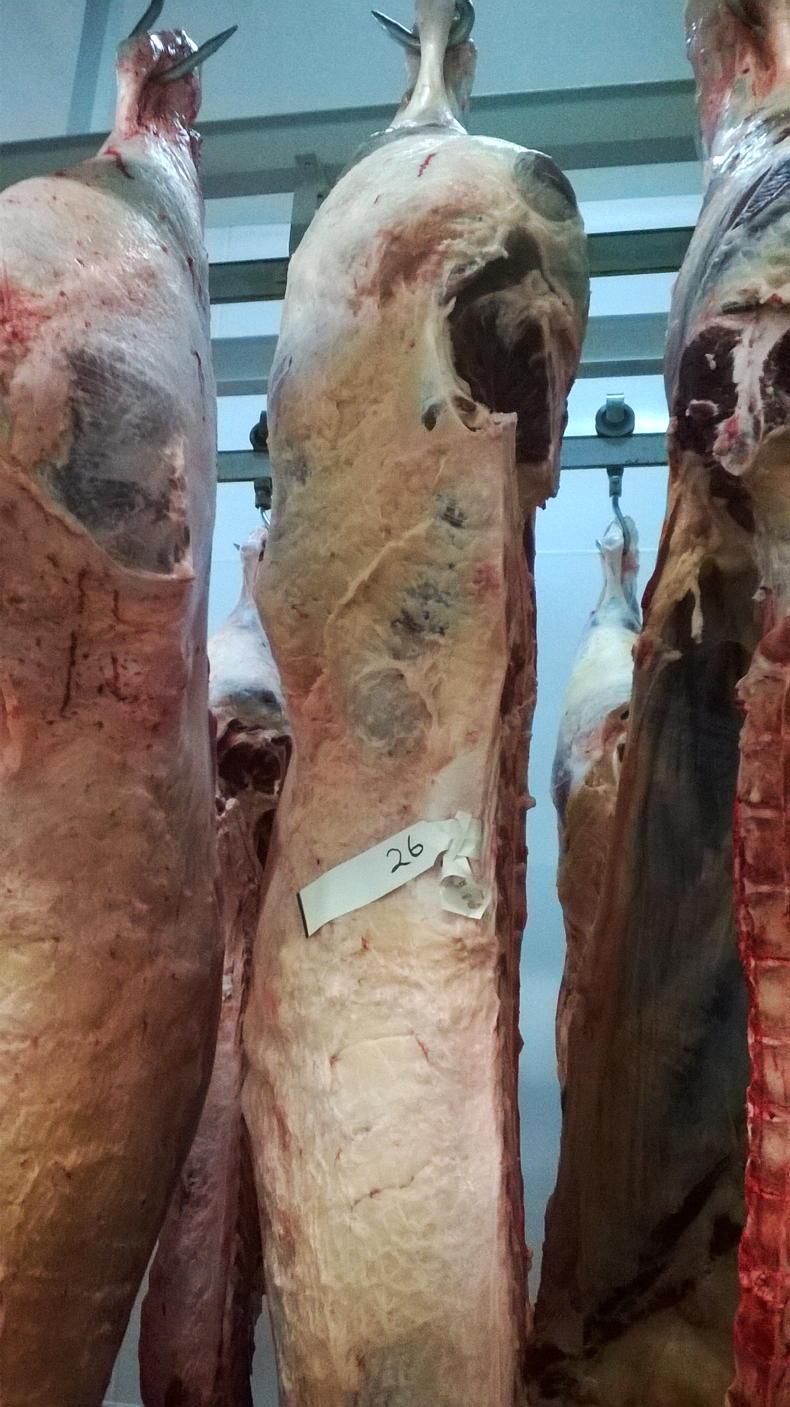The decision by Bank of Ireland (BOI) to close 88 branches is a big disappointment to the bank’s customers, staff, businesses and rural towns throughout Ireland.
Two out of three BOI branches in Sligo are closing, along with branches in neighbouring towns Charlestown, Manorhamilton and Bundoran.
Many rural dwellers who will now have to travel miles and miles, past their local town to find a branch of any bank.
In the recent past many of these towns had a branch from the three main banks, AIB, BOI and Ulster Bank, all now closed, and staff and services moved to larger towns.
Watch for fraudsters
In Monday’s news from BOI and radio interviews by senior management, it was pointed out that branch footfall has fallen in the past year and customers have moved to banking online.
Also, that we are moving to a cashless society and using our bank cards more and more.
All well and good, but we must bear in mind that not everybody in society is tech savvy, using the latest iPhone or is comfortable using a banking app to carry out their day-to-day banking.
The risk of fraud remains a huge issue
The local bank branch acts as a hub in rural towns and brings footfall into these towns where somebody paying a visit to the bank, will also pop into the local restaurant or clothes shop and spend money in the local economy.
The risk of fraud remains a huge issue and not a week goes by when you don’t receive a fraudulent text or hear about a new scam designed to take money from innocent customers, money that the banks refuse to reimburse because of an innocent mistake by a customer.
Perhaps the savings made by closing branches could be used to improve online security.
Cheque costs
Some banking customers now conducting their own business online might ask: “Why would you want to go to your local bank branch?”
The most obvious answer is to lodge a cheque, particularly from a beef farmer’s point of view, where the country’s meat factories refuse to offer online payment to suppliers who have requested payment direct to their bank account.
The availability of the Post Office to lodge cheques is a help, this is not the same as a full-service bank branch
The costs involved in making a payment by cheque are much larger than by electronic funds transfer, however, the cashflow advantage to the meat factories, means they continue to pay their suppliers using cheques at the farmer’s expense.
The country’s few remaining banks are insisting on a move to digital banking, while the availability of the Post Office to lodge cheques is a help, this is not the same as a full-service bank branch.
Staff, customers, businesses and rural towns will suffer with the loss of bank branches and services.
While change and technology is inevitable, we must not leave large parts of society or the rural economy behind in a move to the online world.
Read more
Farmer Writes: housing cattle and getting on top of BEAM reductions
Farmer Writes: we know our TB history better than any report
The decision by Bank of Ireland (BOI) to close 88 branches is a big disappointment to the bank’s customers, staff, businesses and rural towns throughout Ireland.
Two out of three BOI branches in Sligo are closing, along with branches in neighbouring towns Charlestown, Manorhamilton and Bundoran.
Many rural dwellers who will now have to travel miles and miles, past their local town to find a branch of any bank.
In the recent past many of these towns had a branch from the three main banks, AIB, BOI and Ulster Bank, all now closed, and staff and services moved to larger towns.
Watch for fraudsters
In Monday’s news from BOI and radio interviews by senior management, it was pointed out that branch footfall has fallen in the past year and customers have moved to banking online.
Also, that we are moving to a cashless society and using our bank cards more and more.
All well and good, but we must bear in mind that not everybody in society is tech savvy, using the latest iPhone or is comfortable using a banking app to carry out their day-to-day banking.
The risk of fraud remains a huge issue
The local bank branch acts as a hub in rural towns and brings footfall into these towns where somebody paying a visit to the bank, will also pop into the local restaurant or clothes shop and spend money in the local economy.
The risk of fraud remains a huge issue and not a week goes by when you don’t receive a fraudulent text or hear about a new scam designed to take money from innocent customers, money that the banks refuse to reimburse because of an innocent mistake by a customer.
Perhaps the savings made by closing branches could be used to improve online security.
Cheque costs
Some banking customers now conducting their own business online might ask: “Why would you want to go to your local bank branch?”
The most obvious answer is to lodge a cheque, particularly from a beef farmer’s point of view, where the country’s meat factories refuse to offer online payment to suppliers who have requested payment direct to their bank account.
The availability of the Post Office to lodge cheques is a help, this is not the same as a full-service bank branch
The costs involved in making a payment by cheque are much larger than by electronic funds transfer, however, the cashflow advantage to the meat factories, means they continue to pay their suppliers using cheques at the farmer’s expense.
The country’s few remaining banks are insisting on a move to digital banking, while the availability of the Post Office to lodge cheques is a help, this is not the same as a full-service bank branch.
Staff, customers, businesses and rural towns will suffer with the loss of bank branches and services.
While change and technology is inevitable, we must not leave large parts of society or the rural economy behind in a move to the online world.
Read more
Farmer Writes: housing cattle and getting on top of BEAM reductions
Farmer Writes: we know our TB history better than any report









SHARING OPTIONS